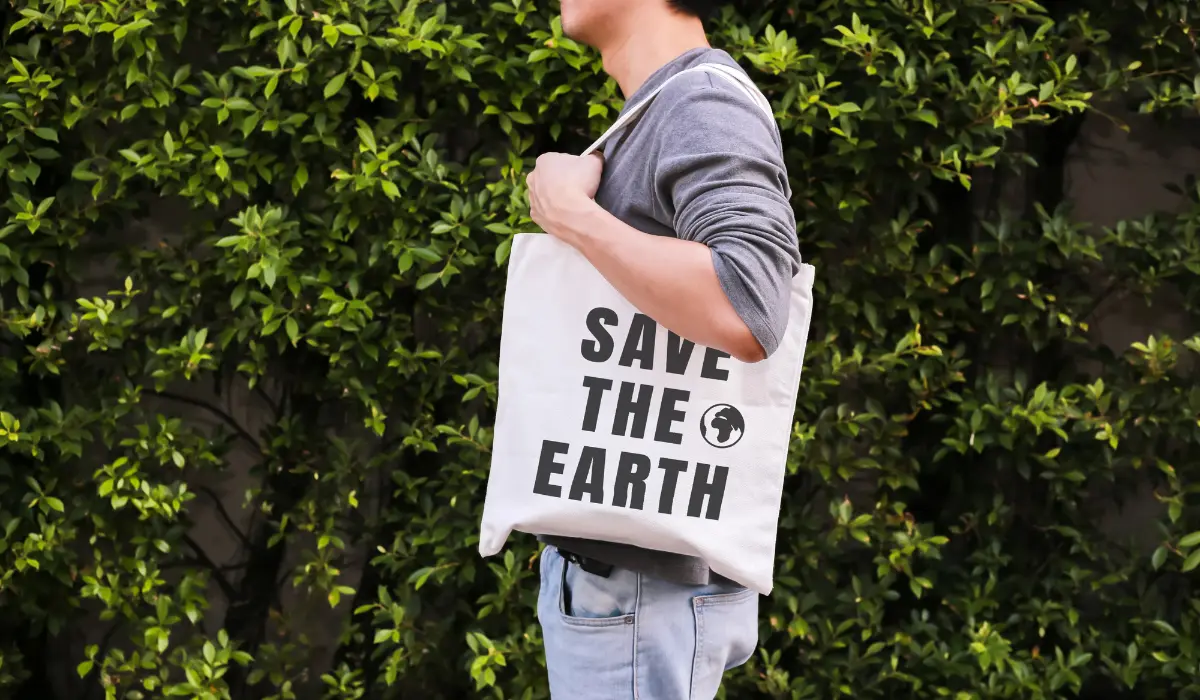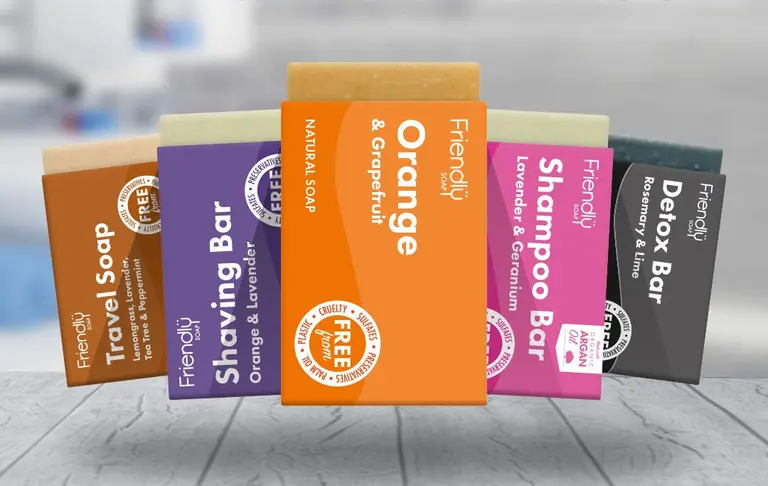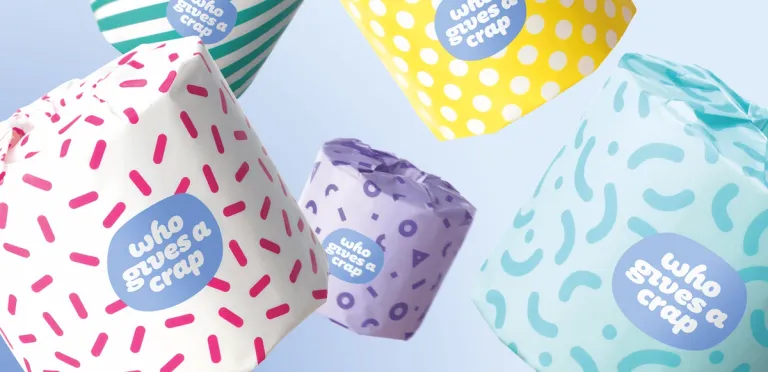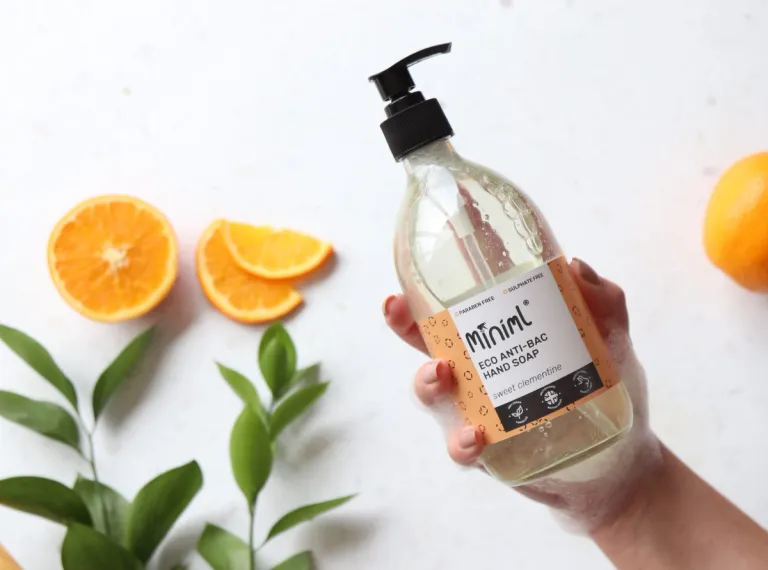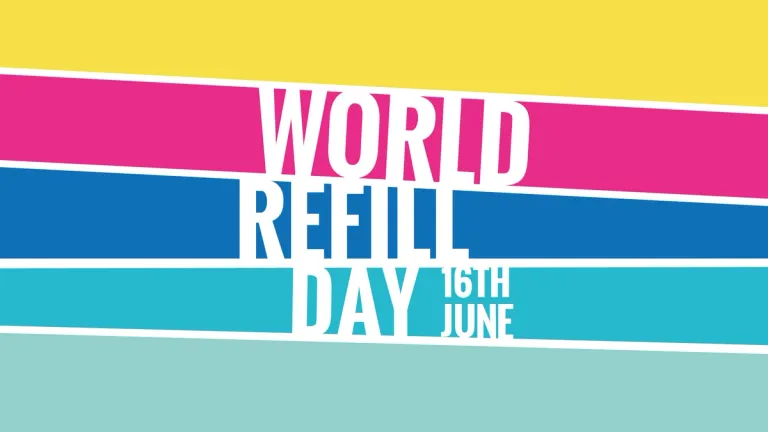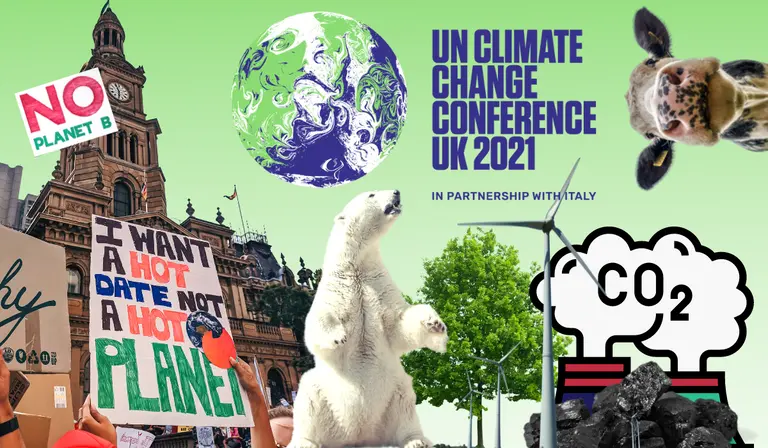More shoppers than ever before are making the conscientious decision to choose products that are kinder to the environment. This is great news for the planet, and for creating a sustainable future for everyone.
However, this trend has led to some brands and companies misleading consumers over how green or sustainable their products really are. They might use vague terms such as "eco-friendly", or nature-heavy imagery, or they might purposefully leave out important information. This is called greenwashing.
The Green Claims Code
In a bid to stop companies making false green statements and to empower consumers in the choices they make, the Competition and Markets Authority (CMA) has launched the Green Claims Code, designed to make sure any eco-related statements made by brands are legitimate. The code has six principles:
- Claims must be truthful and accurate
- Claims must be clear and unambiguous (not open to misinterpretation)
- Brands can't hide important information relating to their claims
- Brands must make a fair comparison between products, services or companies
- Companies need to consider the whole life of their product - from the materials used to make it to the way it's disposed of - when they make their claims
- Any claims made need to be backed up with data and evidence
If any business knowingly breaks these rules, they could face legal action.
What does the Green Claims Code mean for consumers?
Before the Green Claims Code was introduced, consumers were largely left to their own devices to identify greenwashing (check out our handy tips on that below). Now though, this legislation means that consumers have real power to hold companies accountable for the claims that they make.
Thanks to the code, shoppers can feel reassured and supported in calling out brands they suspect are being misleading. With this legislation in place, you can confidently seek validation from brands and if they can't provide a straight answer or ignore your request, then chances are they're not following the code as they should be. As sustainability becomes an increasingly important issue, companies definitely don't want to be publicly outed for greenwashing, so the Green Claims Code really empowers consumers to drive meaningful change.
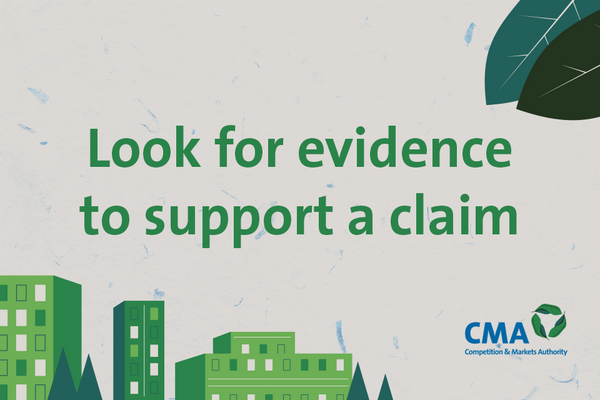
Thanks to the code, shoppers can feel reassured and supported in calling out brands they suspect are being misleading. With this legislation in place, you can confidently seek validation from brands and if they can’t provide a straight answer or ignore your request, then chances are they’re not following the code as they should be. As sustainability becomes an increasingly important issue, companies definitely don’t want to be publicly outed for greenwashing, so the Green Claims Code really empowers consumers to drive meaningful change.
How can you spot greenwashing?
It’s not always easy to identify greenwashing, which is why the CMA launched the Green Claims Code – to try to stamp it out at the source. But there are a few steps you can take to make sure that you’re buying products that are as green and sustainable as brands say they are.
Don't trust vague terms
Phrases such as 'green', 'eco' and 'natural' certainly sound appealing, but they can leave a lot of room for misinterpretation. Crude oil is a natural substance, for example, but you probably wouldn’t want to buy ‘natural toiletries’ full of it! Be wary of claims that are vague, not easily defined or not supported by adequate information or verified by third party certifications.
Look for evidence
Businesses that take pride in their legitimate green credentials will make it easy for consumers to find information about their products, either in their small print or on their website. Another good form of proof are certification marks from a reputable standards scheme, such as Fairtrade, The Soil Association, or our own ethy accreditation (learn more about ethy trust marks here).
See some ethy accredited brands below. Their sustainability profiles are verified and backed by tangible evidence:
Beauty lies within
Be wary of the images that brands use to promote their products. Just because something is written in an earthy green font or includes pictures of wildlife and nature doesn’t necessarily mean it’s good for the environment. Don’t be afraid to think critically.
Think about how you'll dispose of the product
A lot of companies make claims about the recyclability of their product or packaging based on broad generalisations. For example, technically speaking, most plastics can be recycled. But not all local authority collections will recycle everything, so that plastic may still end up in landfill. Think about what you will do with both the packaging and the product when you’re finished with it.
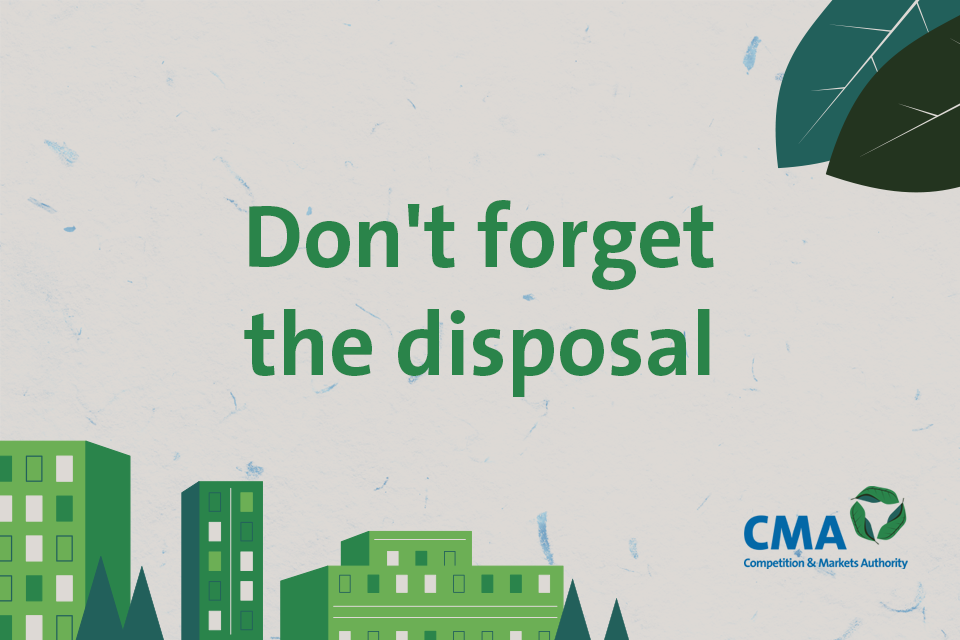
For example, here are some of the ethy accredited brands that use compostable or recyclable (through standard kerbside collection) packaging or have created a circular economy system where packaging gets reused and refilled:
Hold brands to account
Most brands and companies have a social media presence these days, so if you’re not sure about their products, or think they might be bending the rules of the Green Claims Code, call them out. Ask for evidence of their claims and if they won't provide it, ask why. Misleading consumers is not a good look, so if they are legitimate, they'll have no problem answering your questions.
Sources:
- https://www.gov.uk/government/publications/green-claims-code-making-environmental-claims/environmental-claims-on-goods-and-services
- https://www.gov.uk/government/publications/green-claims-code-for-shoppers/green-claims-code-for-shoppers
- https://www.forbes.com/sites/solitairetownsend/2018/11/21/consumers-want-you-to-help-them-make-a-difference/
- https://www.gov.uk/government/news/global-sweep-finds-40-of-firms-green-claims-could-be-misleading
- https://www2.deloitte.com/uk/en/pages/consumer-business/articles/sustainable-consumer.html
You may also like...
Sign up for our newsletter
Get the latest sustainability news delivered directly to your inbox.
